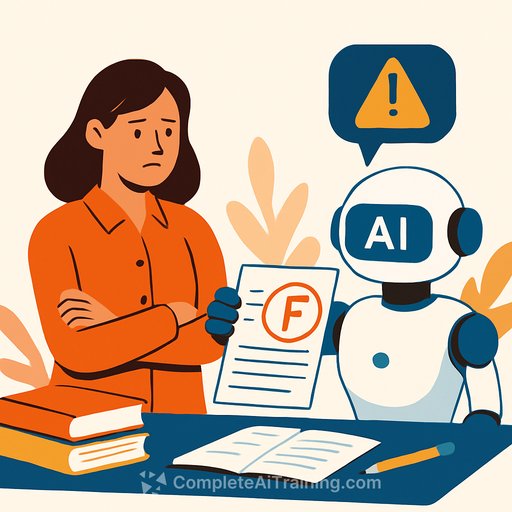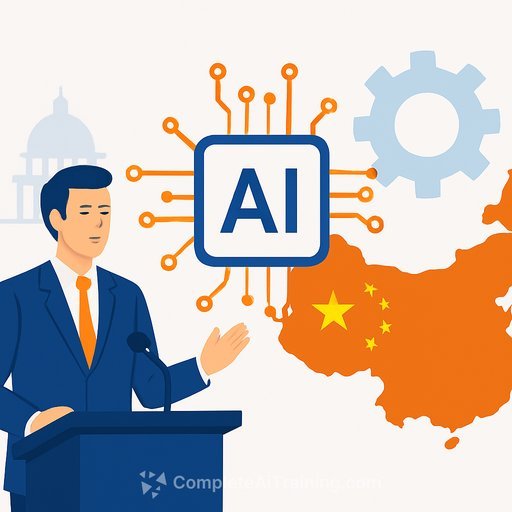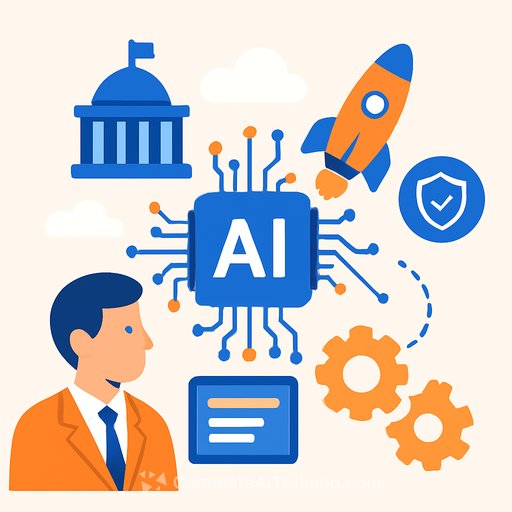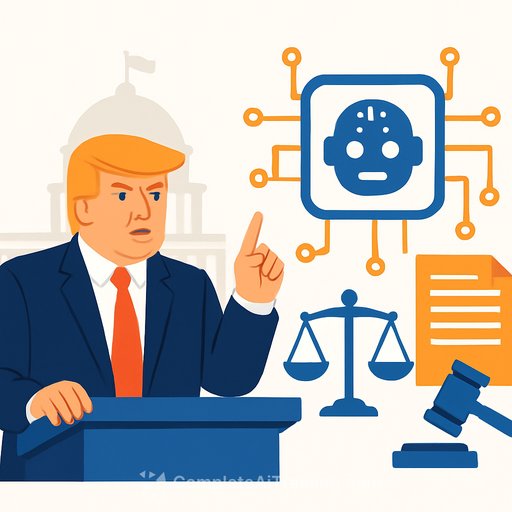Auckland Secondary Principals Association Raises Concerns on AI Use in Education
The Auckland Secondary Principals Association has issued a warning to the government, emphasizing the need for proper training and funding for teachers as artificial intelligence (AI) becomes more prominent in education. They caution that relying on AI to mark most student work could pose significant risks.
Recently, the government highlighted AI marking as a key element in the planned replacement of the National Certificate of Educational Achievement (NCEA). The Education Ministry also directed schools to establish policies on the acceptable use of generative AI tools like ChatGPT.
Government's Position on AI in Assessment
Education Minister Erica Stanford confirmed that the Qualifications Authority already uses AI to mark corequisite literacy and numeracy exams. The plan is to expand AI usage as the Certificate of Education replaces NCEA Level 2 by 2029. The minister described New Zealand as a leader in AI application within education and expects teachers to use AI to ease their workloads during this transition.
“Without AI, this would likely require a massive investment for NZQA. But AI is advancing yearly, and we are ahead in its use,” Stanford said.
Alongside this, the Education Ministry updated its guidelines, requiring schools offering NCEA to have an authenticity policy that covers the acceptable use of generative AI. The goal is to ensure students submit their own work and demonstrate genuine knowledge and skills in assessments.
Concerns from Educators
Claire Amos, representing the Auckland Secondary Principals Association and a member of the AI Forum, expressed confusion over the mixed messages from the ministry and the minister. While the ministry urges caution, the minister stresses AI’s critical role in assessment.
Amos pointed out that the ministry’s guidance lacks detail and does not provide the centralized training and resources teachers need to manage AI effectively.
“Words on a page don’t help if school leaders and teachers aren’t trained to handle both the benefits and risks of AI,” Amos said.
She highlighted that other countries, like Estonia, are ahead in this area, investing in teacher training and developing AI platforms that protect student privacy.
AI Should Support, Not Replace Teachers
Amos strongly warned against using AI to replace classroom teachers in marking student work. She described such a move as risky and potentially disempowering for both students and teachers.
“AI can assist in moderation and help address concerns about internal assessments, but relying on it to mark all student work is dangerous,” she said.
There is also concern that increased AI use may widen the digital divide between well-resourced schools and those with fewer technology resources.
Key Takeaways for Government and Education Leaders
- AI in education requires clear policies backed by comprehensive teacher training and resources.
- Authenticity in student work must remain a priority, with AI used to support—not replace—teacher judgment.
- Investment is needed to ensure equitable access to AI tools and training across all schools.
- Learning from international examples like Estonia could guide development of AI platforms that safeguard student privacy and support educators effectively.
For government officials managing education policy, this is a critical moment to balance AI’s potential benefits with practical safeguards and investments. Effective AI integration depends on preparing educators thoroughly and maintaining trust in assessment processes.
For those interested in AI training resources for educators or government professionals, Complete AI Training offers a range of courses to build practical AI skills applicable in education and public service sectors.
Your membership also unlocks:






